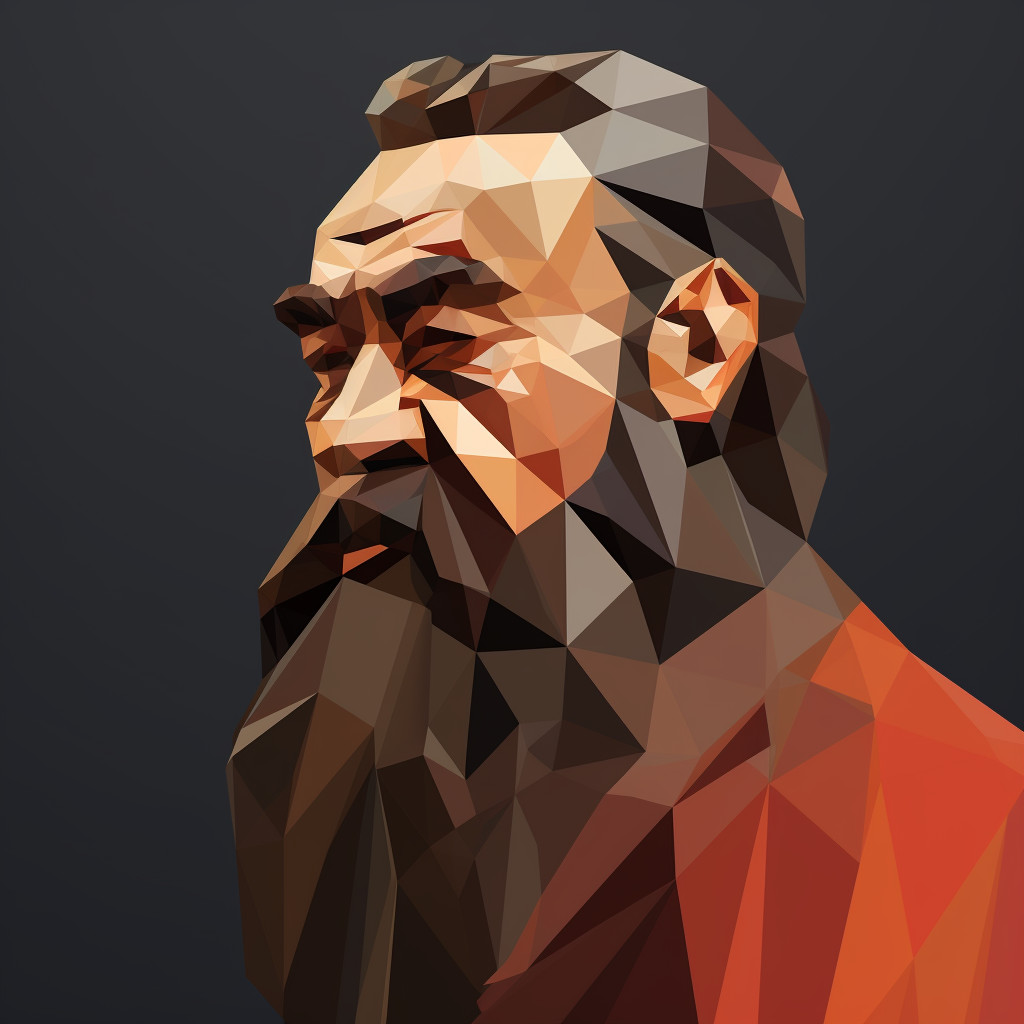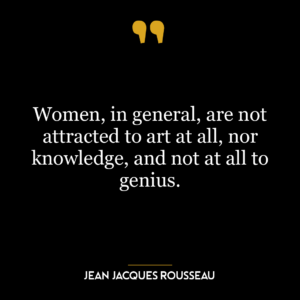This quote essentially means that the first step towards wisdom is the recognition and acceptance of our own knowledge and ignorance. It implies that it’s crucial to understand what we know, and equally important to acknowledge what we don’t know. In other words, true wisdom is not just about acquiring knowledge, but also about being aware of our limitations and areas of ignorance.
The quote can be divided into two parts. The first part, “What you know, you know,” encourages us to be confident in our knowledge. It suggests that we should not underestimate or undervalue what we have learned and experienced. We should take ownership of our expertise and understanding in certain areas.
The second part, “What you don’t know, you don’t know,” warns us against pretense and arrogance. It teaches us to accept our limitations and not to pretend to understand things that we do not. This is a call for humility, for admitting when we don’t know something, and for being open to learning from others.
Applying this wisdom in today’s world could be incredibly beneficial. In an era where information is readily available, it’s easy to fall into the trap of thinking we know more than we actually do. Acknowledging our limitations can prevent us from making uninformed decisions or spreading misinformation. It can also drive us to continuously learn and grow.
In terms of personal development, embracing this idea can lead to a more authentic and grounded sense of self. By acknowledging what we know, we can leverage our strengths. By accepting what we don’t know, we can identify areas for growth and learning. This can lead to a more balanced and self-aware individual who is both confident in their abilities and humble in their approach to learning and life.







